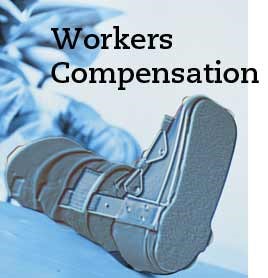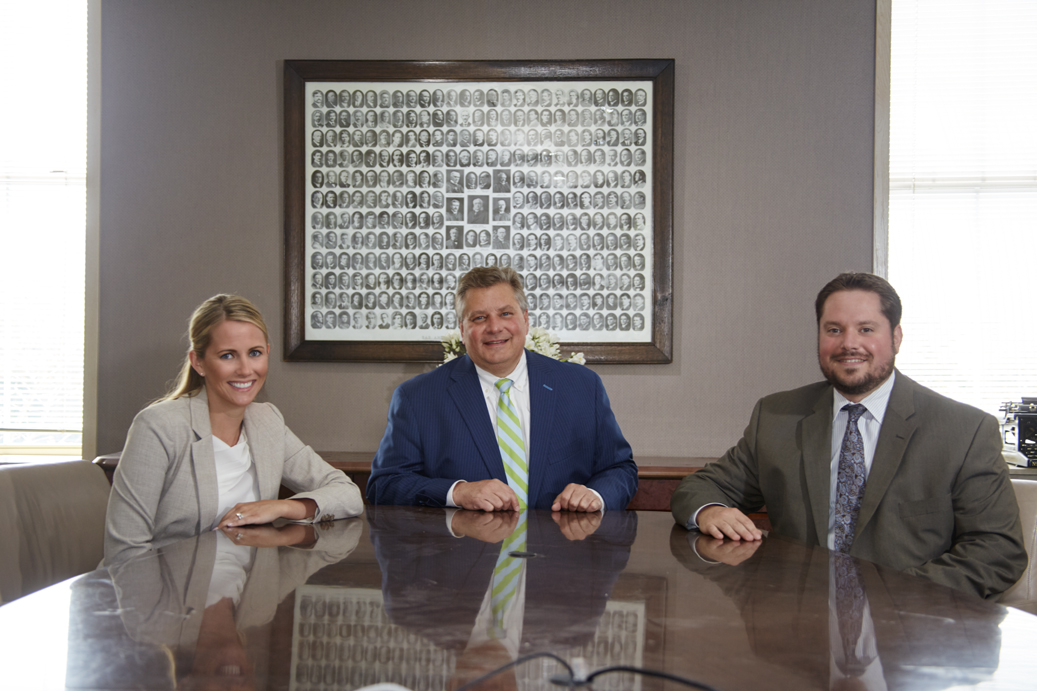
The New York State Workers’ Compensation Law is the exclusive remedy of an employee who is injured or made sick while at work in New York State.
“Exclusive remedy” means that, by law, you cannot sue your employer for an injury or illness that arises from your work. There are some very limited exceptions to this rule, such as where your employer has no Workers’ Compensation insurance. However, you can sue a third party whose negligence caused your injury.
Under New York State Workers’ Compensation Law, you are entitled to:
• Lost wage benefits, and
• Medical care.
The New York State Workers’ Compensation Law requires there be a direct connection or nexus between employment and injury or illness.
The law provides for two types of claims:
• Accidents and
• Occupational Diseases.
Accident
Accident claims generally arise from a sudden, unexpected event. Examples include a slip and fall, auto accident, or a fall from a ladder or other heights. Accidents also include injuries that arise from lifting, pushing, or pulling. Sometimes nurses and other health care professionals are injured while helping those they are caring for.
Occupational Disease
Occupational disease cases traditionally refer to injuries or illnesses that result over time. For example, occupational disease cases can include a secretary or clerk who develops carpal tunnel syndrome from typing or a baker who develops asthma from exposure to flour. Exposure to asbestos or other harmful substances and chemicals are included in this type of case.
Often, there is a thin line between what the law designates as an accident and an occupational disease. There are, however, some important differences regarding statute of limitations, burden of proof, and permanency that must be carefully considered.
William W. Crossett, IV
Partner
Email: crossett@mcvlaw.com
Phone: 315-471-1664
Mr. Crossett concentrates his practice in the representation of Injured Workers. Since 1982, he has regularly appeared before the Workers’ Compensation Board and the Courts of New York. As an advocate for the Injured Worker, he has testified before the New York State Senate and has presented many Continuing Legal Education programs. Presently, Mr. Crossett serves as President of the Injured Workers Bar Association of New York and is an active member of Workers Compensation Law Division of the New York State Bar Association. In 2012, he was inducted as a fellow in the College of Workers Compensation Lawyers. Mr. Crossett practices throughout Central New York with an office in Syracuse.


 Try Our Workers Compensation Benefits Calculator!
Try Our Workers Compensation Benefits Calculator!



 1. Do I have to attend? Yes, the insurance carrier is entitled to have you examined by their doctor. If you do not attend it will harm your case. Your benefits may be stopped, and your treatment and prescriptions suspended.
1. Do I have to attend? Yes, the insurance carrier is entitled to have you examined by their doctor. If you do not attend it will harm your case. Your benefits may be stopped, and your treatment and prescriptions suspended.